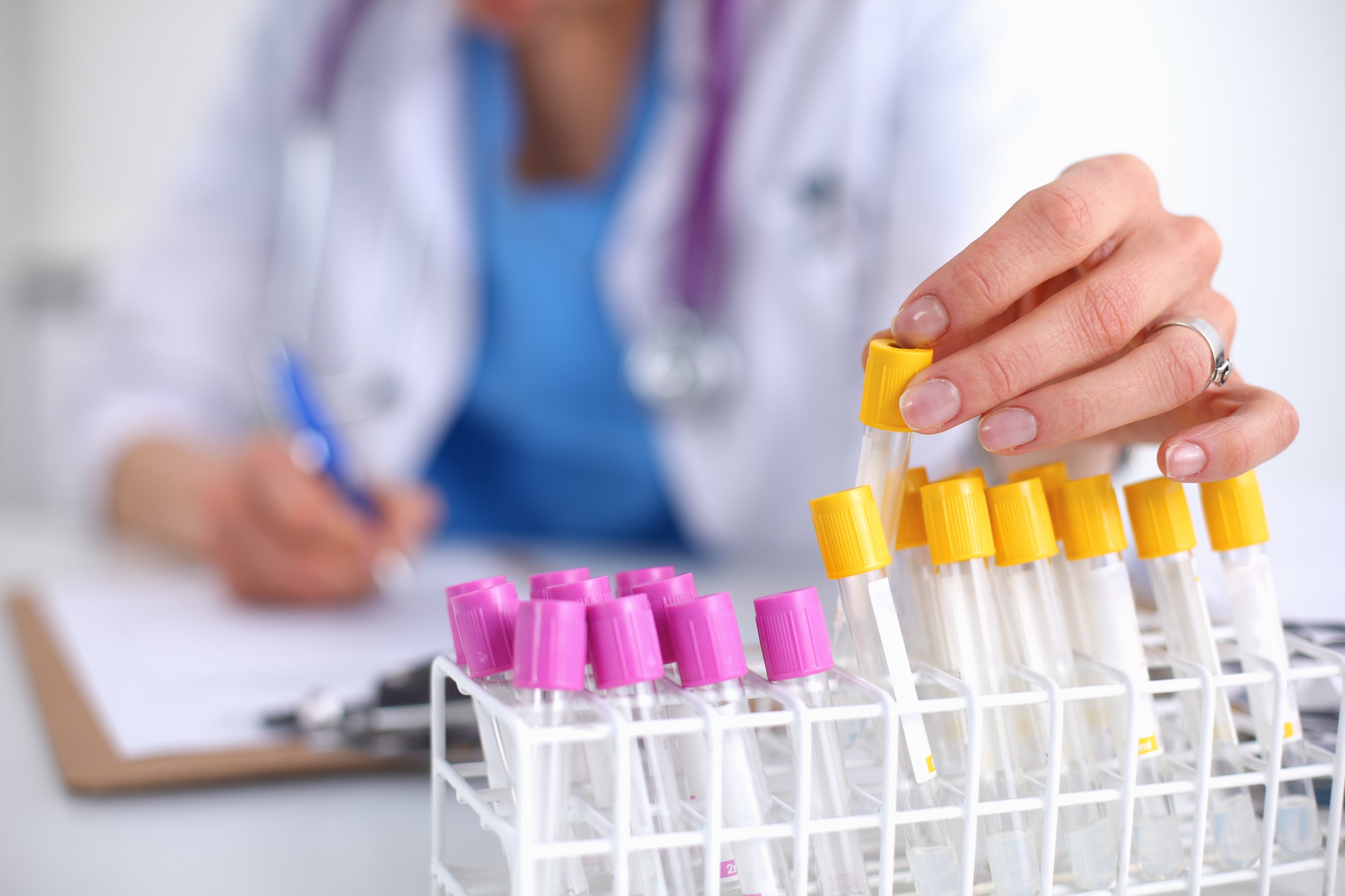
To qualify, candidates must be pre-screened before participation. Information about your personal and medical history will also be collected. Compensation for your time and efforts will be issued upon completion of donation. Biospecimen donations are skillfully taken using sterile laboratory techniques in state-of-the-art facilities to make your visit with us enjoyable. Donations are used for research purposes only.
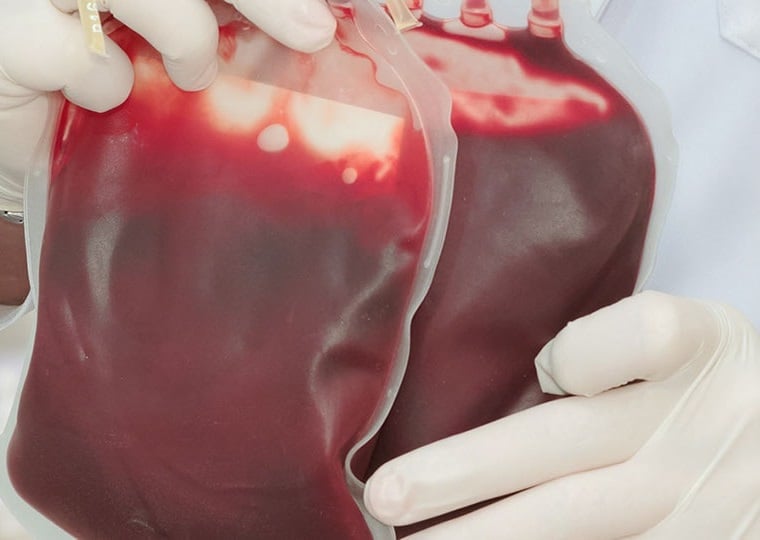
Whole Blood is comprised of four main components, specifically red blood cells, plasma, white blood cells and platelets. Donating blood depletes iron stores and it takes about two months to return to normal.
For more information, click here.
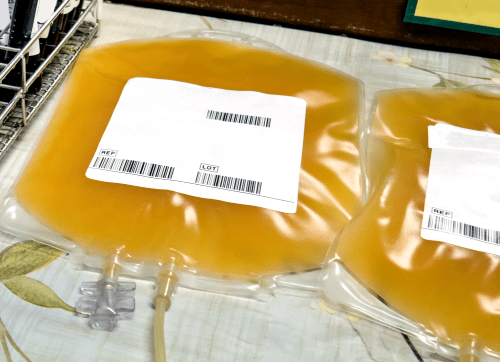
Plasma is a fluid that carries the other parts of the blood. It also helps clot blood and supports the immune system. It only takes the body about 48 hours to replace plasma after a donation. Please note that donors are required to schedule an appointment for an annual physical with our qualified staff prior to donation.
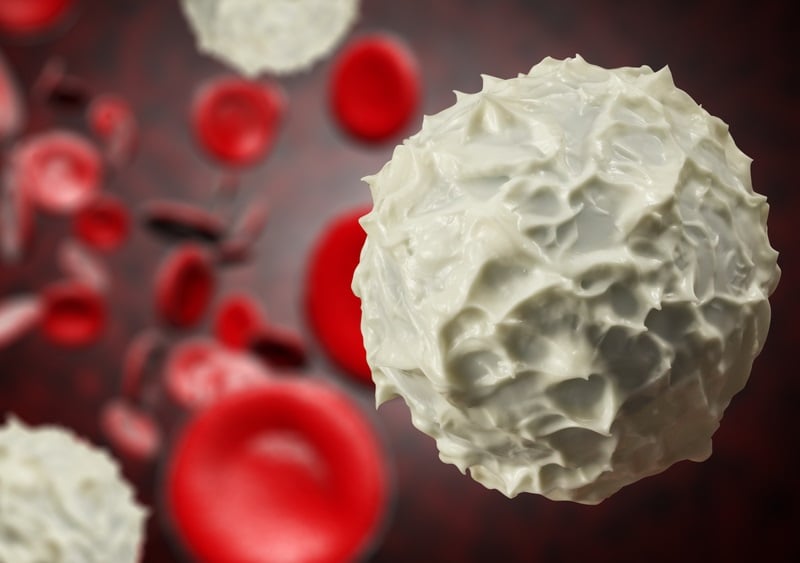
White Blood Cells help defend the body against disease and infection. The process of Leukapheresis is used to remove white blood cells and return the other parts back to the donor.
For more information, click here.
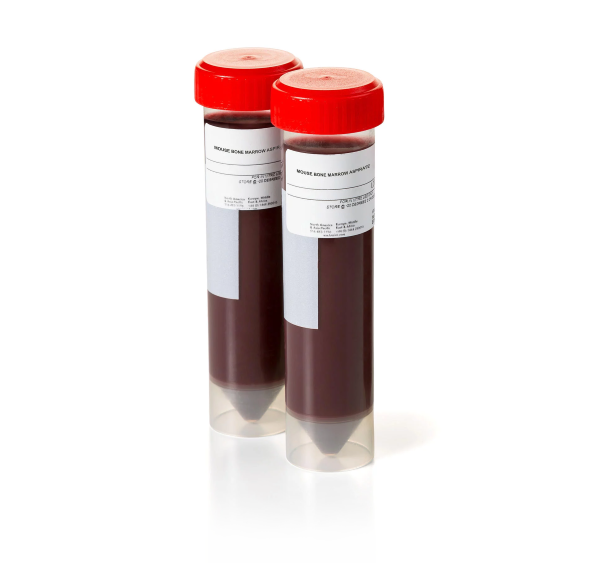
Bone marrow, collected in our Berkeley, CA location, is the soft, spongy material found in large bones. Bone marrow makes more than 20 billion new blood cells every day. Bone marrow stem cells are essential because they mature into red blood cells, white blood cells, or platelets and can be used for a variety of research methods.
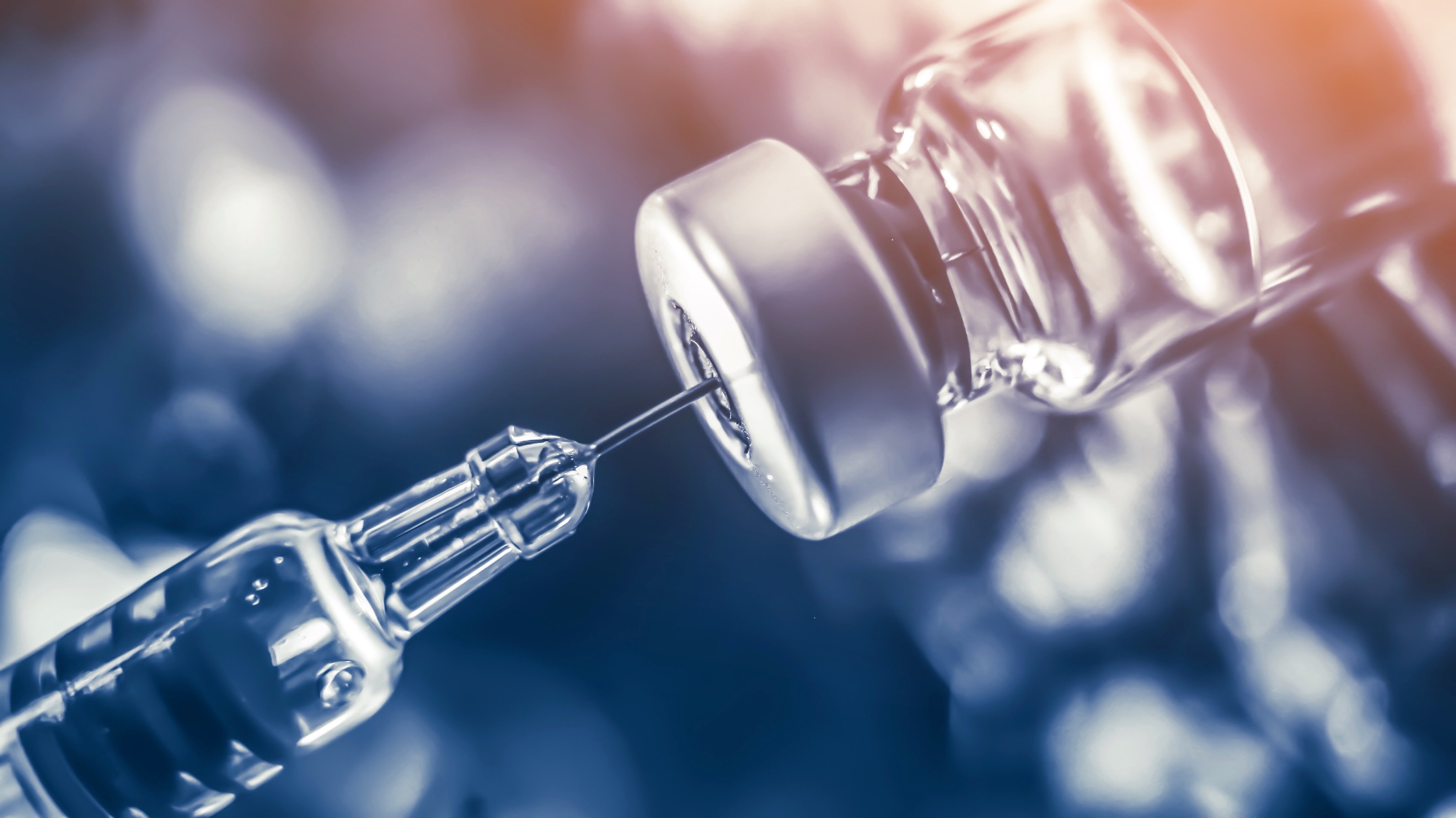
This collection is a unique white blood cell donation that's conducted at several of our locations. Prior to donating, injections of a bone marrow stimulating drug are administered, which boosts your body’s white blood cell production. These injections are commonly used to mobilize stem cells to the peripheral blood for collection and subsequent autologous (originating from the recipient, not a donor) transplantation in patients with certain cancers.
Participation includes a screening visit, up to six injection visits and up to two leukapheresis procedure visits.
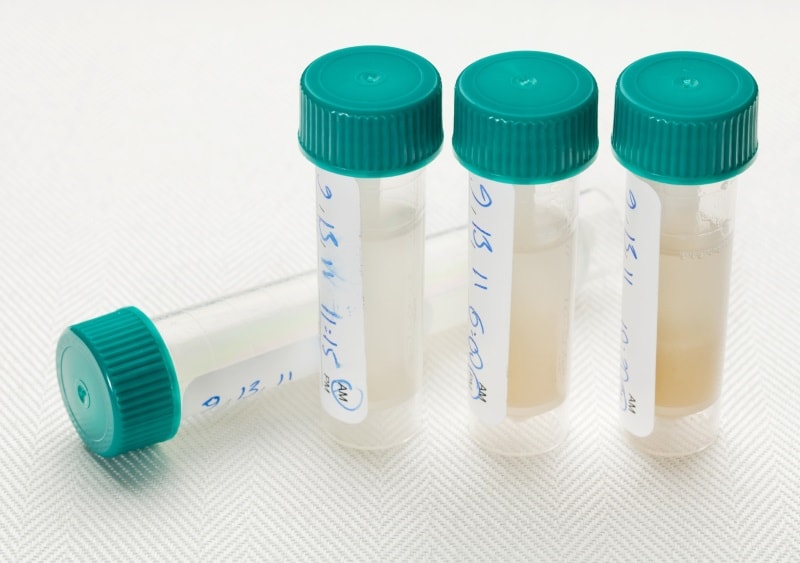
Beyond blood samples, scientists study other bodily fluids to detect and treat diseases. The BSC staff will instruct you in collection protocol for the following sample types. Additionally, a few tubes of blood must be drawn for viral marker testing.
|
|
In order to donate, you must meet these basic requirements:
Please note that this is not a complete list; other eligibility factors will apply.
To determine if you are eligible to donate, we will:
All information you provide is kept confidential.
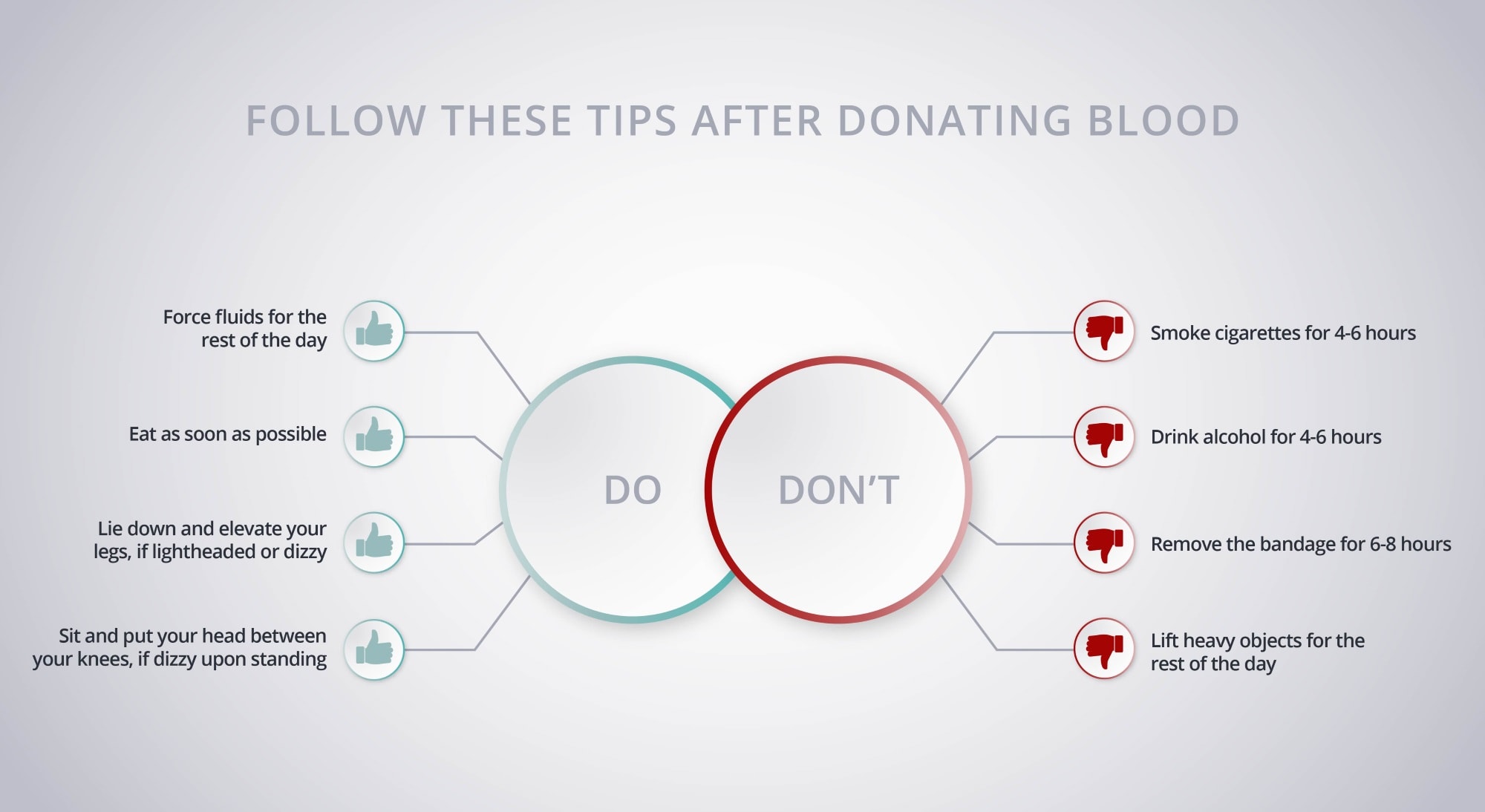
Visit our resource page to learn more about the various blood donation programs through helpful videos and brochures.
DO NOT SELL OR SHARE MY INFORMATION
M-Th: 7 AM-3 PM
F: 8:30 AM - 10:30 AM
Programs:
Whole Blood, Plasmapheresis, White Blood Cells
M-F: 8:30 AM - 4 PM
Programs:
Whole Blood, White Blood Cells
Programs:
Whole Blood, White Blood Cells, Bone Marrow
M-F: 6 AM - 12 PM
Programs:
Whole Blood, White Blood Cells
M-Th: 7 AM - 3 PM
F: 7 AM - 12 PM
Programs:
Whole Blood
M-Th: 8 AM to 5 PM
F: 8 AM - 2 PM
Programs: Whole Blood, White Blood Cells
M-Th: 8:30 AM - 3 PM
F: 8 AM - 12 PM
Programs:
Whole Blood, White Blood Cells